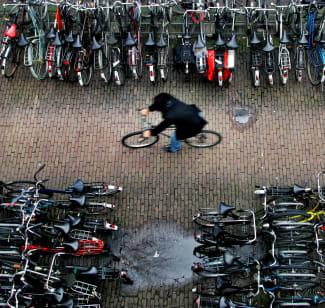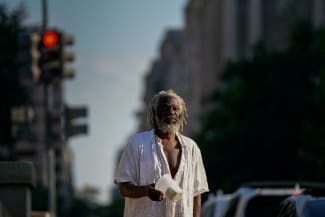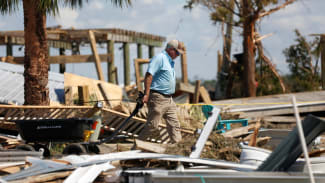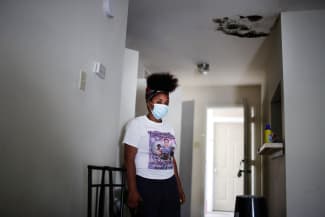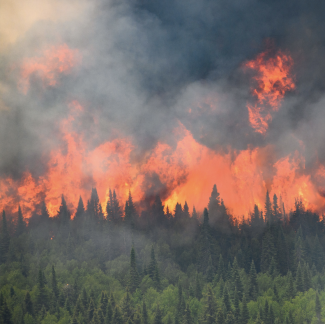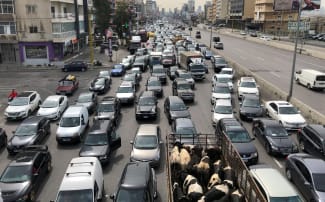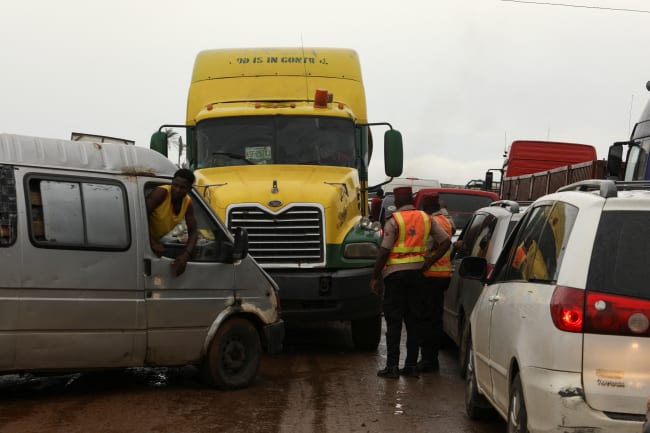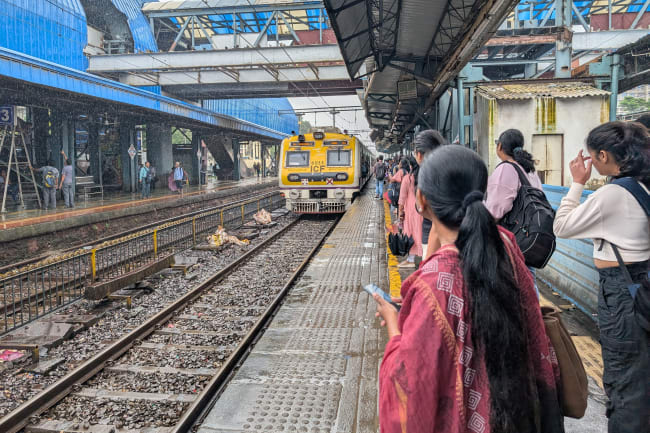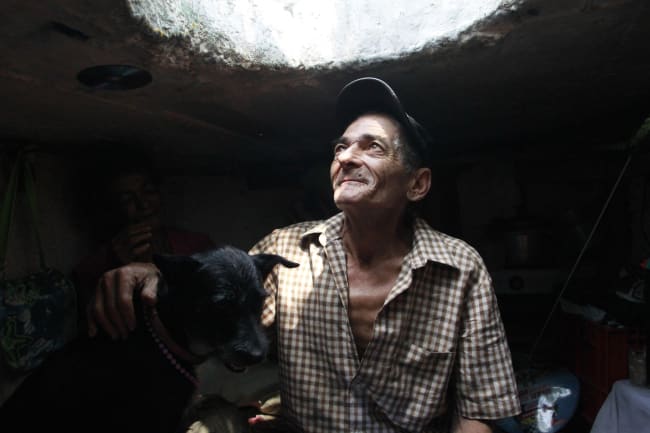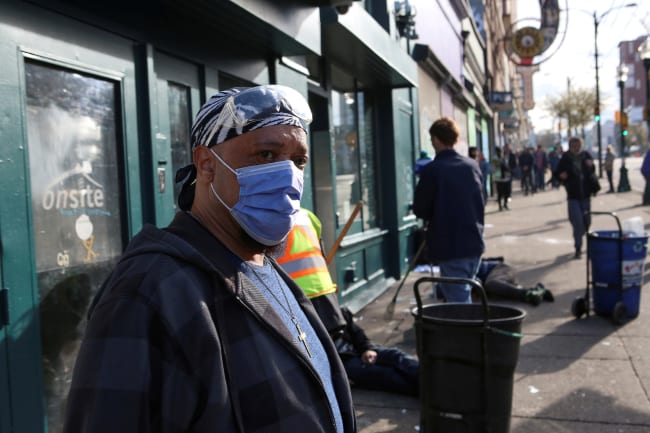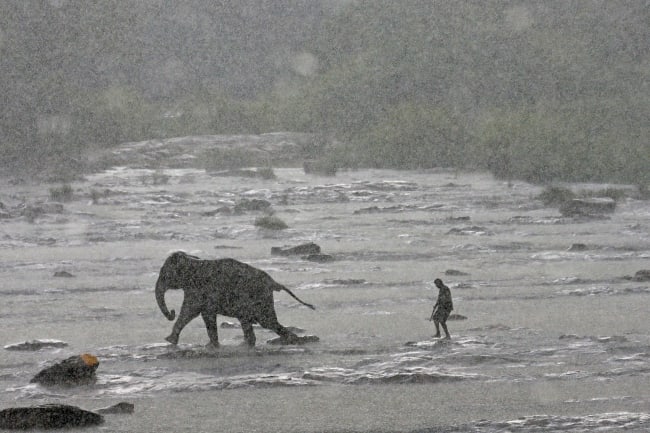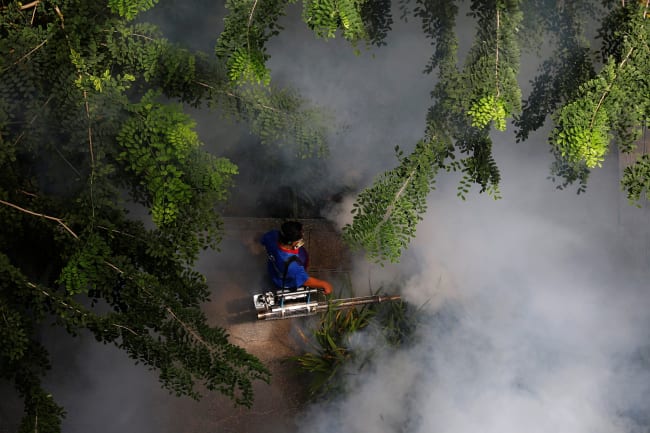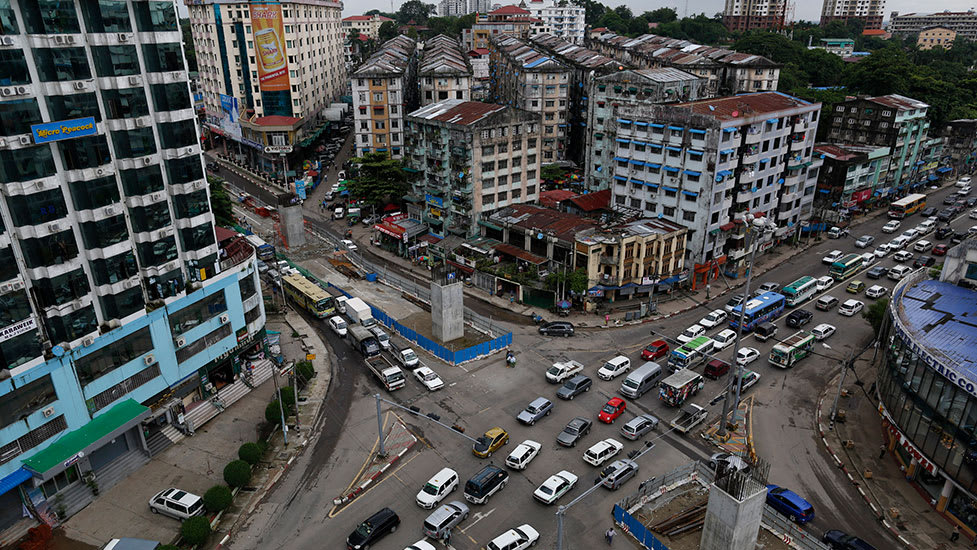
Urbanization
More than half the world’s population now resides in cities. Urbanization in low-income countries could offer billions of people better access to jobs and health-care services and a gateway to the world economy. To reap those benefits, those nations will have to confront the looming health and environmental challenges of urban life. This section examines the ways in which health and infectious diseases shape urbanization, but also the ways in which cities will define the future of global health
Urbanization
Urbanization
Urbanization
Light Pollution Reshapes Growing Seasons
by Lin Meng
A study finds artificial light at night can extend plant growing seasons, possibly altering ecosystems and public health
